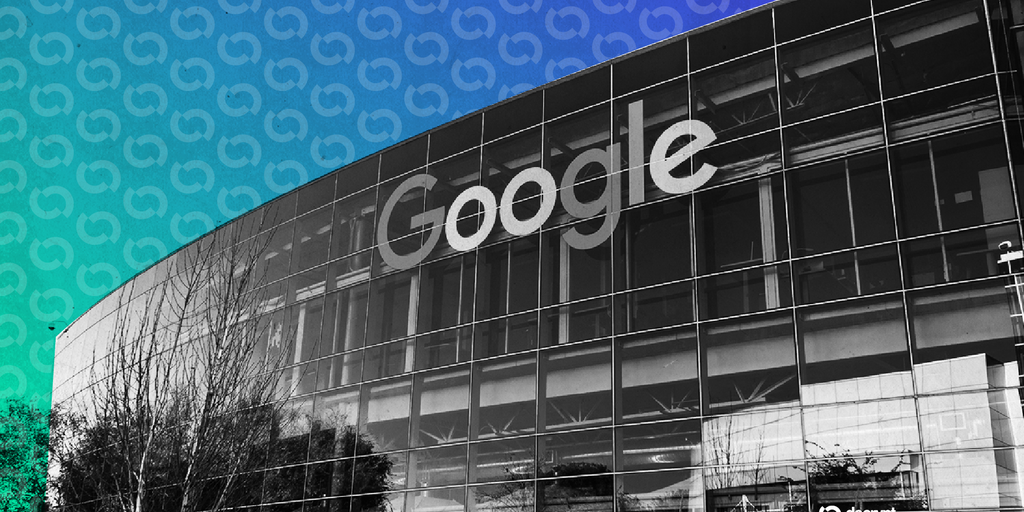
Google Keeps Chrome: Landmark Antitrust Ruling Shakes Up Search and Advertising
In a pivotal decision, a U.S. federal judge ruled that Google can keep its Chrome web browser amid a high-profile antitrust case—but not without conditions. The case, spanning years of legal battle, challenges the tech giant’s dominance in search and advertising industries. Judge Amit Mehta’s ruling signals a shift in how the courts are approaching market monopolies in the tech space, focusing on regulation rather than forced asset splitting.
What Did the Ruling Decide?
The ruling allows Google to maintain ownership of Chrome but mandates significant operational changes. The tech giant is now prohibited from entering exclusive agreements for its key products, including Google Search, Chrome, Google Assistant, and their Gemini AI app. Furthermore, Google must share portions of its search index and user-interaction data with competitors, aiming to foster competition in online search markets.
How Google Built Its Monopoly
The Department of Justice (DOJ) highlighted Google’s use of exclusionary contracts to dominate the search engine market, holding an approximate 90% market share in the U.S. This dominance stems from tactics like default search engine agreements on devices and preferential treatment agreements that created a self-sustaining monopoly. As a result, Google locked out competing search engines and tightened its grip on digital advertising.
Impact on the Tech Industry
While competitors like OpenAI and Perplexity are emerging with AI-powered browsers, Google’s integrated ecosystem and vast data resources remain a formidable advantage. Ryan Yoon, senior analyst at Tiger Research, notes that data-sharing mandates could help competitors improve ad targeting and search experiences. However, significant market share redistribution appears unlikely in the near future.
Moreover, Google is expanding into enterprise-focused blockchain solutions and AI, signaling a strategic pivot to maintain its dominance in regulated and tech-forward spaces. According to Andrew Rossow, CEO of AR Media Consulting, this ruling presents a more pragmatic approach to antitrust issues, suggesting that reform through contract adjustments and data transparency may be more effective than forced company splits.
Why It Matters
This decision could set a precedent for other ongoing antitrust cases, affecting tech giants like Meta and Amazon. Additionally, it underscores the balance courts are trying to strike between encouraging innovation and regulating monopolistic behavior. For consumers, it could mean improved technologies and more competitive pricing in the long term.
Looking for a Competitive Edge?
As Google navigates this new landscape, AI and productivity tools continue to evolve. If you’re looking to make the most of AI innovation, consider trying Jasper AI, a powerful writing assistant designed to boost creativity and efficiency in content creation. Stay ahead of the curve with cutting-edge technology at your fingertips!
The battle between tech innovation and regulation is just heating up, making this a story every tech enthusiast should follow closely. Stay tuned for updates on how this landmark decision reshapes the digital landscape.





